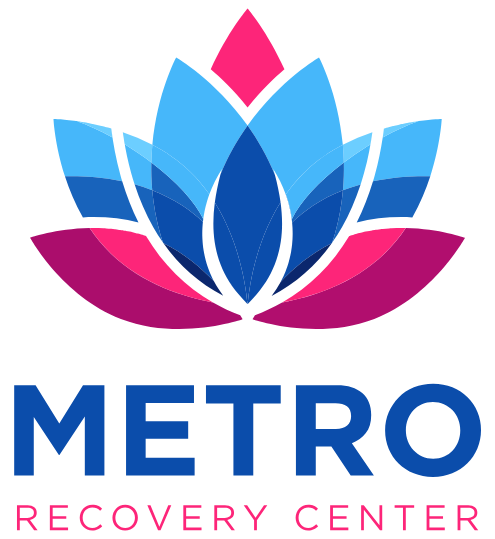Trauma-Informed Counseling
Because What Happened to You Matters
For many people struggling with substance use and mental health challenges, trauma isn’t a side story—it’s the root cause.
At Metro Recovery Center, we know that healing isn’t just about managing symptoms—it’s about processing what you’ve survived.
Whether you’ve experienced abuse, loss, neglect, incarceration, systemic oppression, or violence, our Trauma-Informed Counseling services are built to meet you with safety, compassion, and care that never re-traumatizes.
What Is Trauma-Informed Counseling
Trauma-informed therapy recognizes that addiction, emotional instability, and high-risk behaviors are often survival strategies, not personal failures. This approach.
- Validates your lived experiences
- Prioritizes emotional and physical safety
- Avoids triggering or judgmental interactions
- Focuses on empowerment and collaboration
- Builds resilience through trust, not control

Who This Service Is For
Clients who’ve experienced childhood trauma, domestic violence, sexual assault, or community violence
Individuals who’ve been through incarceration, institutionalization, or forced treatment
People who struggle with dissociation, emotional numbness, or explosive responses
Clients who feel stuck in survival mode, shutdown, or fear-based coping
Anyone who wants to explore their past without being re-wounded by the process
What Trauma-Informed Counseling Looks Like at MRC
A Deep Understanding of Trauma’s Impact
Our licensed clinicians are trained in the neurological, emotional, and behavioral effects of trauma—so you’re never blamed for your reactions or coping strategies.
Prioritizing Emotional Safety
We take care in how we ask questions, frame conversations, and move at your pace. You’re always in control of your story.
Empowerment Over Pathology
You’re not a diagnosis. You’re a person who’s lived through real pain. We help you reconnect with your inner strength, values, and voice.
Evidence-Based Techniques
We use proven modalities like.
- Cognitive Processing Therapy (CPT)
- EMDR (when appropriate)
- Somatic & mindfulness-based strategies
- Narrative therapy and grounding tools
Why Metro Recovery Center for Trauma Therapy
Because we don’t separate trauma from addiction.
Because we understand how trauma shows up—in silence, in rage, in relapse, in shutdown.
Because we’ve seen what happens when people are finally given a safe space to be real, vulnerable, and heard.
And because we never ask, “What’s wrong with you?”
We ask, “What happened to you—and how can we help you heal from it?”


How Trauma Counseling Integrates Into Recovery
- Your individual therapy
- Your substance use counseling
- Your MAT program
- Your psychiatric care
